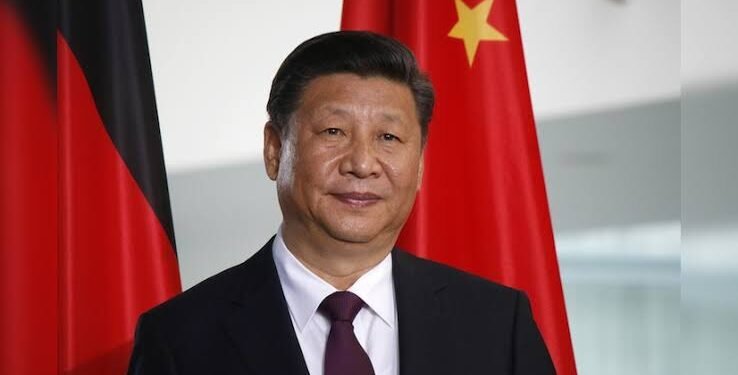China has discovered a massive thorium deposit at the Bayan Obo mining complex in Inner Mongolia, which could provide enough energy to power the country for 60,000 years. The declassified geological survey identified 233 thorium-rich zones across China. Thorium, a naturally occurring radioactive element, is considered a potential alternative to uranium in nuclear reactors. It offers greater efficiency, produces less waste, and reduces the risk of nuclear meltdowns.
China is building the world’s first thorium molten-salt reactor (TMSR) in the Gobi Desert, expected to generate 10 megawatts of electricity by 2029. Thorium is 500 times more abundant than uranium-235 and can generate 200 times more energy. However, cost-effective extraction and commercial development of thorium-based reactors remain challenges.
The discovery aligns with China’s plans to build 24 new nuclear power plants by 2030, further advancing its thorium reactor program. Researchers believe large-scale thorium use could ensure long-term energy stability and reduce global dependence on fossil fuels. A Beijing-based geologist emphasized the widespread availability of thorium and its potential to contribute to sustainable energy solutions.

 Business
Business INDIA
INDIA Stocks
Stocks




